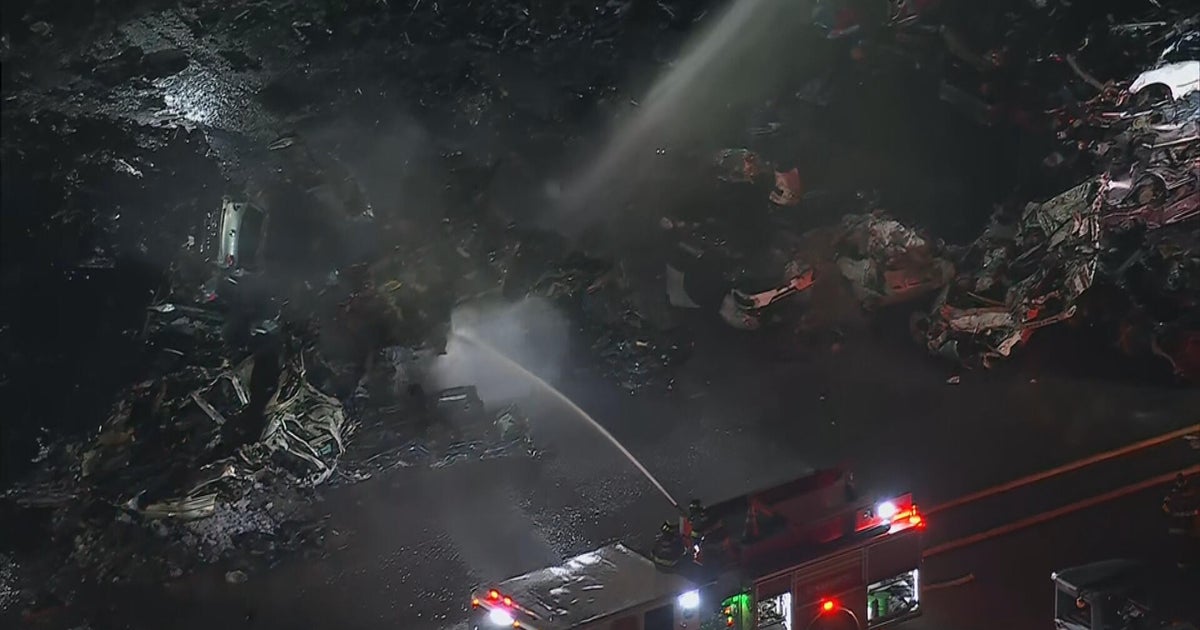The Ticking Timebomb That Has E-Cigarettes And Hoverboards Going Up In Flames
PHILADELPHIA (CBS) – We've all seen the smoke in the air. Whether it's the e-cigarette or the hoverboard, these new popular devices are blowing up, literally.
And here's the reason why.
According to CBS News, the same battery cells that power e-cigarettes also power hoverboards. With more than 50 hoverboard reported incidents and dozens of e-cigarette explosions, such as the most recent case of one catching fire in a man's pocket, many users are wondering whats going on.
Jay Whitacre is a professor of materials science and engineering at Carnegie Mellon University. He tells CBS the demand to make these products cheaper and more powerful has led some companies to cut corners.
"What we are seeing right now is a situation where many of these batteries are simply not made to the same standard as the batteries that are made say Sony or Panasonic, which has much more stringent quality control," Whitacre tells CBS News.
Whitacre says that lithium-ion powered items like e-cigarettes and hoverboards are considered "high power applications." If their batteries are badly designed, when they are charged, they can overheat.
"In general, with this kind of technology, it is very difficult for the user to be at fault," Whitacre says. "There is a well-controlled charging circuit and there should be a good package that the cell lives in. Both of those things should be designed to protect the user."
On the other hand, Spike Babaian, the owner of several e-cigarette stores, says most accidents happen when the batteries overheat because the wrong chargers are used, something she says is easily preventable.
"Buy a proper charger, that's intended for e- cigarettes, that will cut off at a proper time and not overcharge your batteries," Spike says.
The Smoke-Free Alternatives Trade Association, in a statement, said in part, "While these incidents are taken very seriously, proper care and safety dictate that people use the correct type of charger and follow manufacturer guidelines when recharging their devices."







